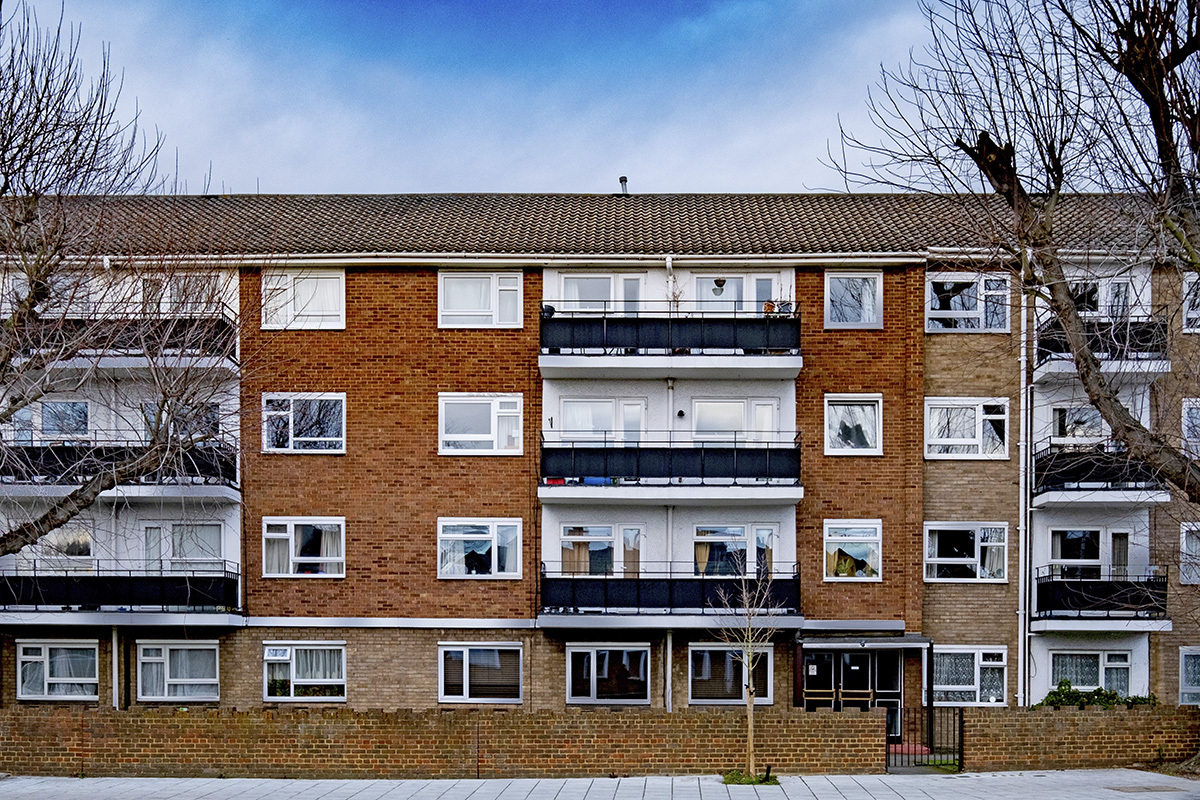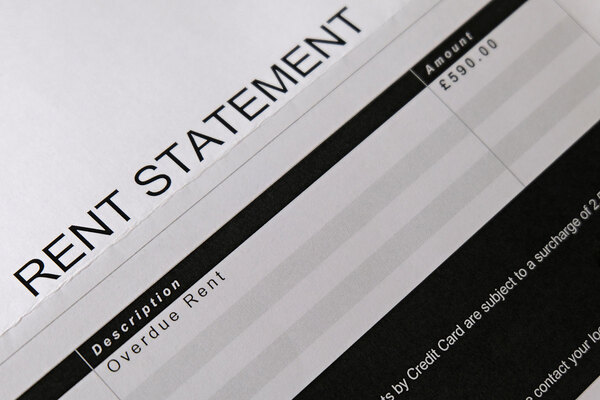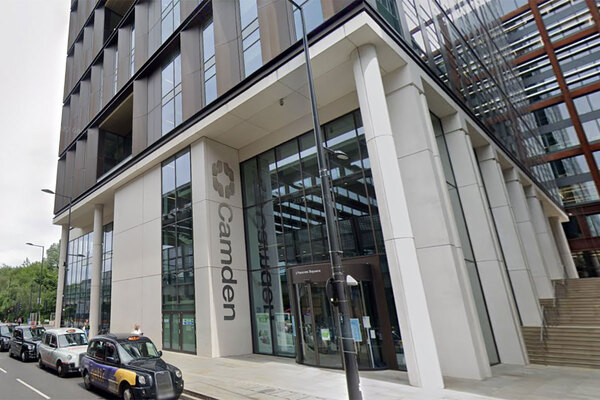Existing rent settlement will roll over until 2026, government reveals
The existing social housing rent settlement will be rolled over by a further year until April 2026, the government has announced.
It means annual rent increases will continue to be capped at Consumer Price Index (CPI) of inflation plus 1% for 2025-26.
The Department for Levelling Up, Housing and Communities said the decision would provide “greater certainty for social housing tenants and landlords” in light of the new consumer regulation regime, which came into force this month.
Social housing rent rises are usually capped by the government at a maximum of CPI plus 1%, set in September every year.
However, as a result of rising inflation and the cost of living crisis, in November 2022 chancellor Jeremy Hunt capped rent increases at 7% for last financial year, 2023-24.
At the start of 2024, the government announced a 7.7% social rent cap for 2024-25. This is based on the September 2023 CPI figure, which was 6.7%.
However, the rent formula from 2025 onwards will be implemented by the government that wins the next election – due to be held by January 2025 at the latest – meaning it could still be subject to political change.
Regardless, housing bodies welcomed the move, adding that it provided “much-needed financial certainty”.
Rhys Moore, executive director of public impact at the National Housing Federation (NHF), said: “We welcome the news that the existing social housing rent settlement will be rolled over by a year, providing much-needed certainty to April 2026 and enabling housing associations to deliver for current and future residents.
“We’ve been working closely with government to ensure they understand the importance of stability in supporting investment into homes and communities. Ahead of the election, we will continue to make the case to all political parties for a long-term plan for housing, including a new 10-year rent settlement.”
Tracy Harrison, chief executive of the Northern Housing Consortium, said the announcement “will bring some reassurance for our members”. It followed “a long period of uncertainty as to how rent policy will change and many changes to the rent formula over recent years”, she said.
“However in the context of 30-year business plans, simply extending the current formula by another year does not give the certainty required to plan much-needed investments in improving homes, decarbonising stock and building new homes,” she continued.
“Local authorities are also living with the consequences of year-to-year finance settlements. We need government to agree to announce a long-term rent settlement that will enable housing providers to tackle the housing challenges communities face across the North.”
Sector chiefs have called for the government to commit to a longer-term rent settlement to allow landlords to plan over a longer timeframe. In March Andy Hulme, chief executive of Hyde, said the current regime of annual rent settlements was “madness” and has “got to change”.
Speaking at the NHF’s Housing Finance Conference in Liverpool, Mr Hulme said: “We spend… £200m a year maintaining and improving our homes, yet we don’t know until three months before what the rent will be and therefore whether we’ve got the money to do that.
“Every government, whether it’s Labour, Conservative, whoever, should recognise that that is crazy. And that can only lead to worse customer outcomes, inefficiency of service, inconsistency of service.”
Sign up for our tenancy management newsletter
Already have an account? Click here to manage your newsletters












